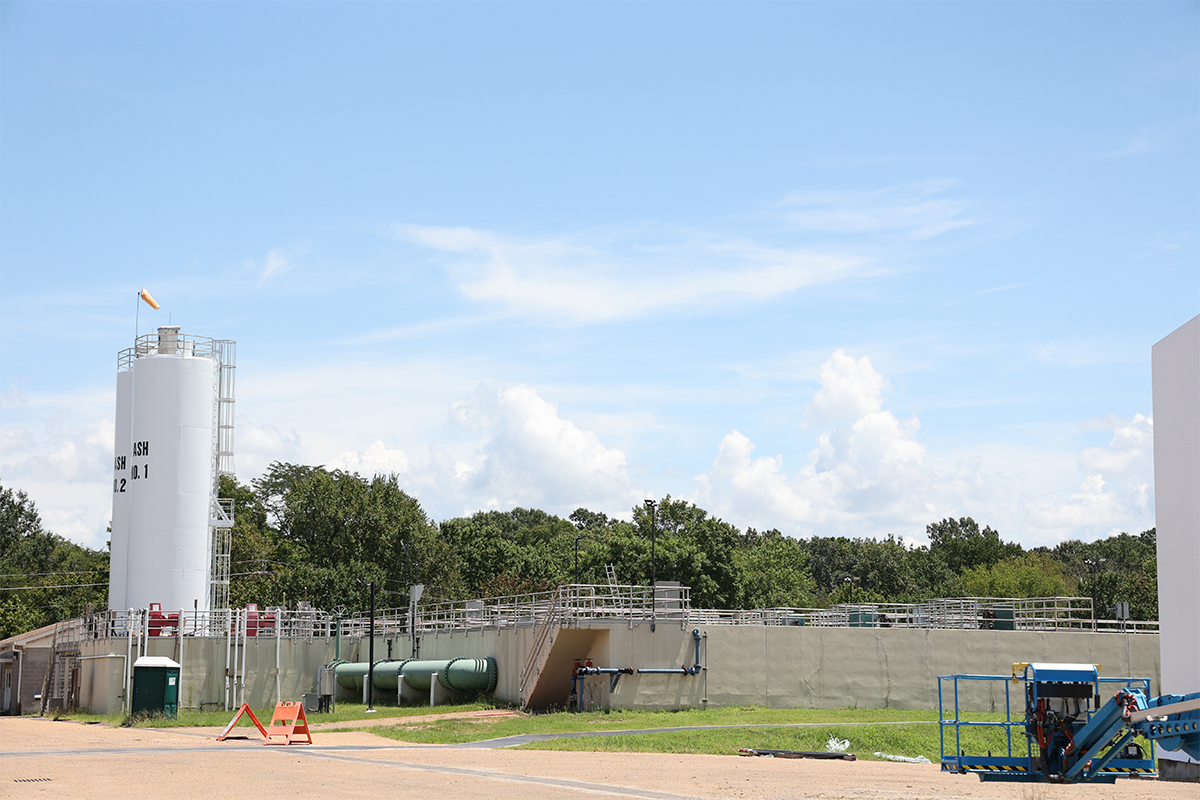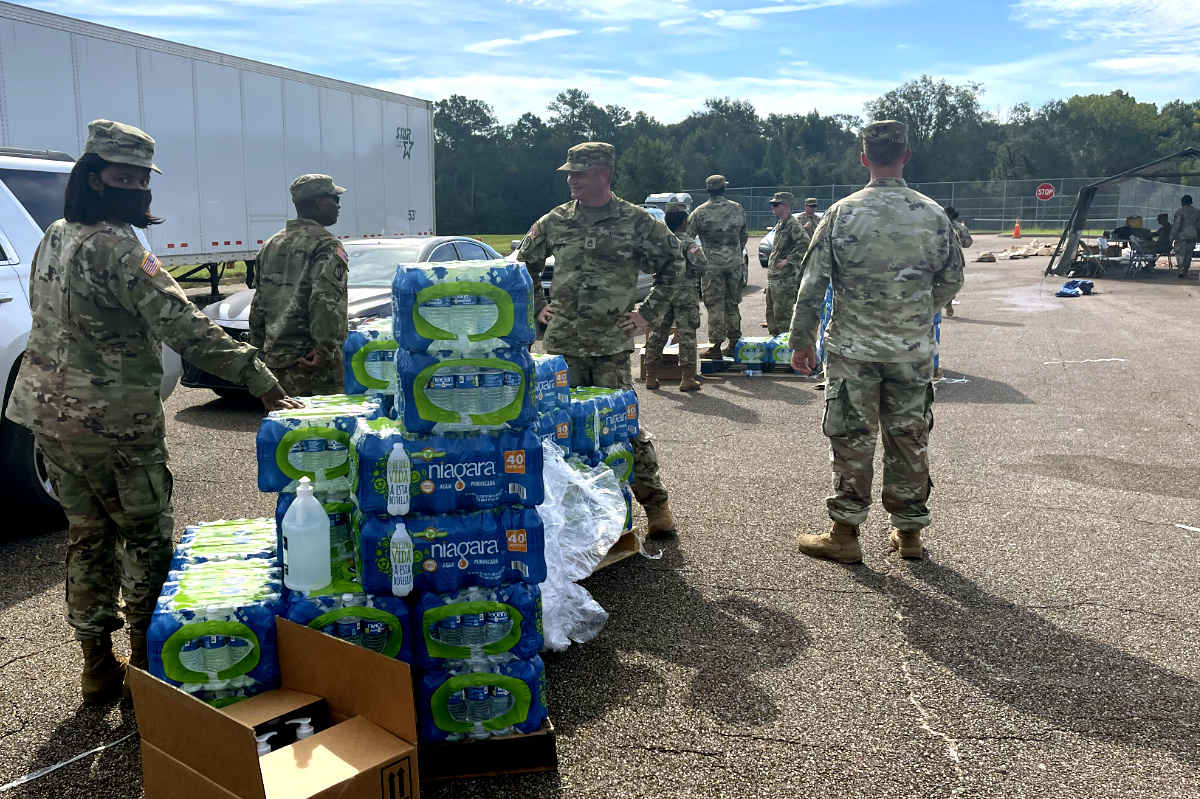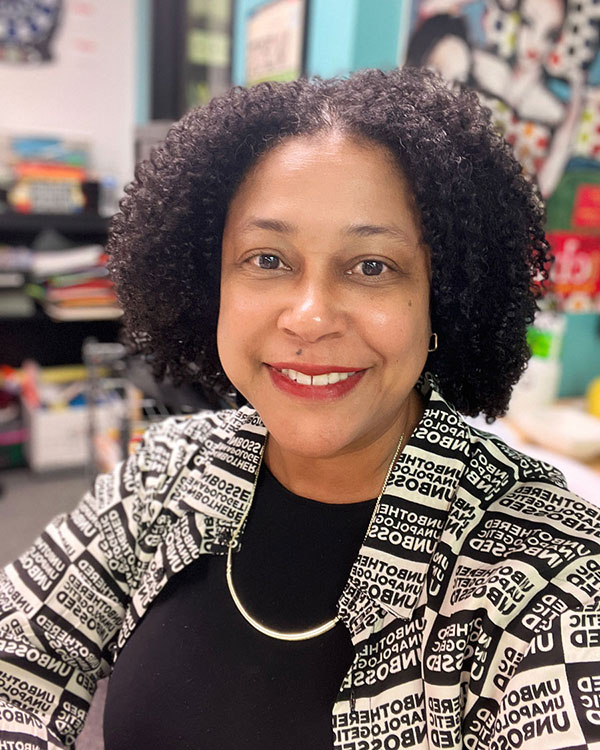JACKSON, Miss.—Last year I wrote a publisher’s note about the latest in a series of water crises dating back to my childhood in the capital city. Freezing temperatures in February 2021 resulted in many Jackson residents being without water for a month. Our team covered the deep causes of the first round of the Jackson water crisis, and are covering this one, like both professional journalists and Mississippians who love their home state and its capital city.
Learning rapidly on the job working with Editor Donna Ladd—who sure knows how to train journalists—first at the Jackson Free Press and now the Mississippi Free Press, Nick Judin is now one of the best reporters in the country. His work on Jackson’s water infrastructure demonstrates what the MFP does best—and is viral in the current water crisis, giving people across Mississippi and the world the context they need to understand how this came about after decades of neglect and race politics.
In layman’s terms, at the Mississippi Free Press, we report fully on what’s going on now and how we got here, including the quiet parts. Jackson’s water crisis is a systemic issue that, as Ashton Pittman points out all the time on Twitter, and that Donna explained to the state and nation for NBC News Think last year, is more complex than one mayoral or gubernatorial administration.
Connect the Historic Dots, Don’t Ignore Them
Good reporting connects the historic dots, not ignores them.
There are many people of various parties and administrations to blame on this front (yes including Ronald Reagan), as Nick’s deep background reporting on Jackson’s failing water system explains.
So here I sit again, concerned about Jackson’s people and proud as punch that so many national media teams are sourcing and interviewing our team members to understand the crisis and its systemic roots: Nick on PBS NewsHour, Ashton on ABC News, Donna on CBS News and Kayode on CarbonQ and then co-publishing with The Guardian. Not to mention an amazing shout-out by Mehdi Hasan on MSNBC Friday to Donna and the team’s work on historic systemic racism in Mississippi and how it feeds into this crisis.

We need more of this dot-connecting, locally and nationally, and our team knows how to lead on it. That’s why they keep winning awards and hearing about new national nominations for their work. More on that soon.
Frankly, no one else has and likely will give Mississippians the ongoing complex storytelling and context this ongoing crisis demands. This time, Kayode Crown has joined Nick in doing what Kayode does best: explaining very, very complicated histories and ideas in a way everyone understands.
Reading Kayode’s and Nick’s work will show you one thing. This crisis has been and is fixable. Now, it’s more expensive than ever before. You know what deferred maintenance does for your car. Imagine what it does for an entire water system.
Reporting a New Kind of Way for Mississippi
Despite it all, Mississippians keep shining, and there’s always uplifting news from Aliyah Veal. This week she talks with Jackson actress Amia Edwards about her plans for a youth arts program. Amia is a force of nature, and if anyone can get it done, she can.
Leo Carney, freelance extraordinaire from the coast, covered the closure of East Biloxi’s only hardware story, which on the surface, is sad. What’s powerful is the store is closing because the owner is ready to retire. Few people get to live on their terms, deciding when it’s time to close one chapter without acquiescing to some mandatory retirement age or being edged out because of corporate downsizing. I say good show to Sandra Cannette, the owner.

Also check out Dustin Cardon’s piece on West Point’s Prairie Arts Festival, which happened over Labor Day weekend. I’m paraphrasing Alice Walker’s “The Color Purple” here, but festivals like these remind us how important it is to get out into creation.
Finally, thanks to all who’ve checked on our Jackson team as they face having to cover another water crisis, even as most of them are living through it. It means a lot, and we don’t take you for granted. Consider donating what you can to keep the stories and awareness coming. The whole team also really enjoys all the great comments our supporters leave when you give.
It all keeps us going and reporting in a new kind of way for Mississippi.






